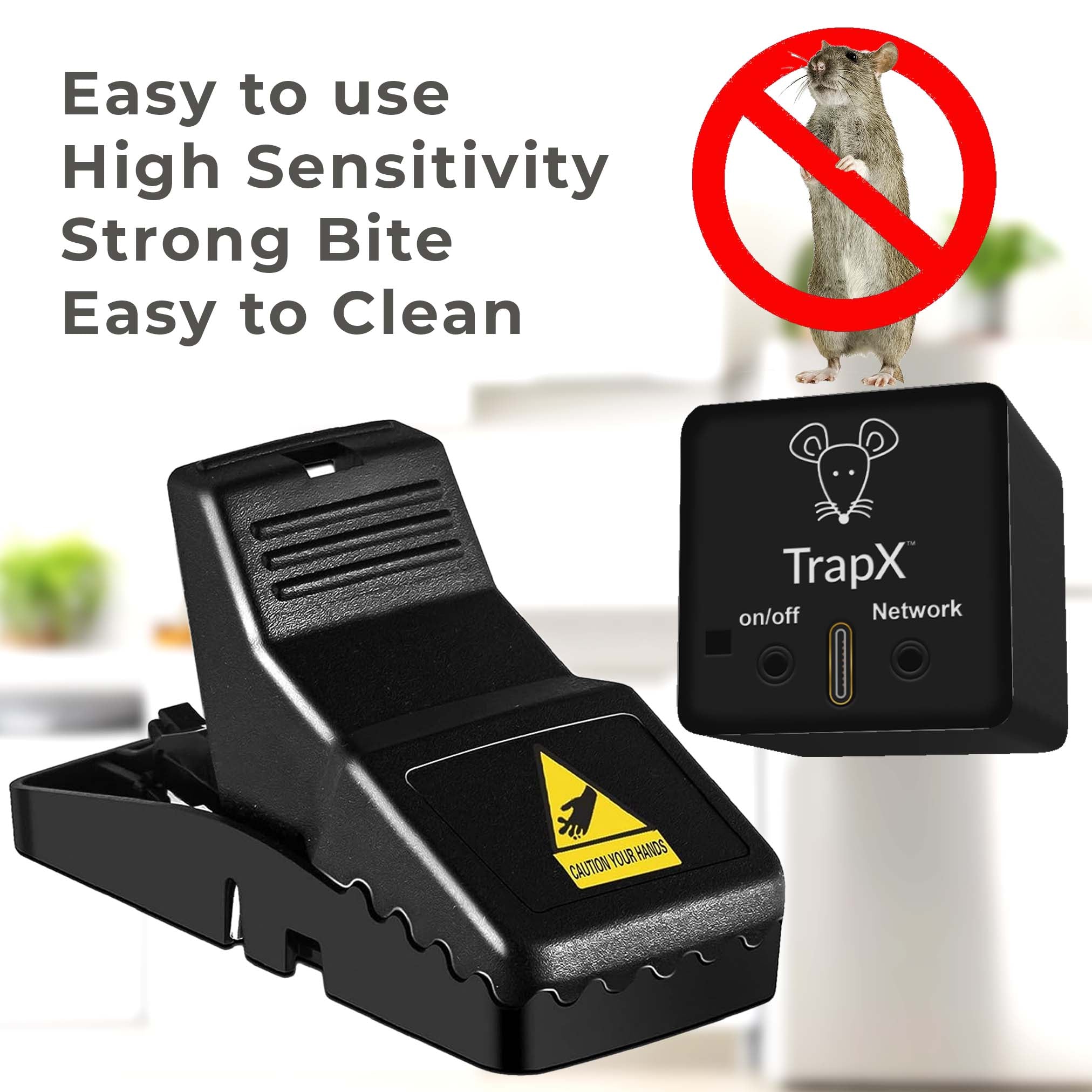Dealing with a rodent infestation can be incredibly frustrating, and one of the questions that frequently comes up is, how long does rodent poison take to work? The effectiveness of rodent poison, also known as rodenticides, depends on several factors, including the type of poison used, the amount ingested by the rodent, and the conditions under which it's used. In this article, we will delve deep into these factors to provide a comprehensive guide for anyone looking to tackle a rodent problem.

Types of Rodent Poisons
There are several types of rodent poisons available on the market, each designed to kill rodents in a different way. The main types include anticoagulants, neurotoxins, and hypercalcemia agents. Each type works differently, affecting the timeline of how long it takes to eliminate the rodent issue.
Anticoagulant Rodenticides
Anticoagulant rodenticides are the most commonly used type. They work by preventing the blood from clotting, causing internal bleeding. First-generation anticoagulants like warfarin usually take several doses over a few days to kill a rodent, while second-generation anticoagulants like brodifacoum can be lethal after a single dose, taking anywhere from 3 to 7 days for the rodent to die.
Neurotoxin Rodenticides
Neurotoxin rodenticides work by attacking the rodent's central nervous system. These types of poisons can be much faster-acting, often killing the rodent within a day or two after ingestion.
Hypercalcemia Agents
Hypercalcemia agents, like cholecalciferol, cause a lethal increase in calcium levels in the rodent's blood, leading to organ failure. This type of rodent poison generally takes 3 to 4 days to kill the rodent.

Factors Influencing Effectiveness
Several factors can influence how long it takes for rodent poison to work:
Amount of Poison Consumed
The quantity of poison consumed greatly affects the time it takes for it to work. Rodents need to consume a critical dose of the poison for it to be effective.
Species of Rodent
The type of rodent you're dealing with also affects the timeline. Some species may be more resistant to certain types of poisons.
Environmental Conditions
Temperature and humidity can also impact the effectiveness of rodenticides. For example, some poisons may degrade faster in high-humidity environments.
Resistance
Some rodent populations have developed resistance to certain types of rodenticides, especially first-generation anticoagulants. This can significantly extend the time it takes for the poison to work.

Signs That the Poison is Working
It's crucial to understand the signs that indicate the poison is working. These signs can include a decrease in rodent activity, finding dead rodents, and observing signs of distress or illness in the rodents.
Decrease in Rodent Activity
One of the first signs that the poison is working is a noticeable decrease in rodent activity in the affected area.
Finding Dead Rodents
As the poison takes effect, you are likely to find dead rodents near their nests or food sources.
Signs of Distress in Rodents
You may also observe rodents behaving erratically or showing signs of distress such as difficulty breathing or bleeding.

Safety Precautions
While rodent poison can be effective, it's important to take safety precautions to protect yourself, your family, and pets. Always follow the manufacturer's instructions and consider using tamper-proof bait stations.
Using Tamper-Proof Bait Stations
These stations are designed to prevent children and pets from accessing the poison, reducing the risk of accidental poisoning.
Proper Storage
Store rodenticides in a secure location, out of reach of children and pets.
Alternative Methods
If you're concerned about the risks associated with rodenticides, there are alternative methods for rodent control such as traps and natural repellents.
Traps
Various types of traps, including snap traps and live traps, can effectively control rodent populations without the use of poison. For more details on trapping methods, consider reading this comprehensive guide.
Natural Repellents
There are also natural repellents like peppermint oil that can deter rodents without posing a risk to pets and children. To explore more on this, check out the ultimate guide on permanent rodent removal.
FAQs
How long does it take for rodent poison to start working?
It usually takes between one and seven days for rodent poison to start working, depending on the type of poison and the amount consumed.
What are the signs that rodent poison is working?
Signs include a decrease in rodent activity, finding dead rodents, and observing signs of distress in rodents.
Is rodent poison safe for pets and children?
No, rodent poison can be dangerous to pets and children. Always use tamper-proof bait stations and store poisons securely out of reach.
For more information on the different types of rodent poisons and their effectiveness, you can visit the Orkin's guide on rodent infestation.
As an Amazon Associate, I earn from qualifying purchases.
